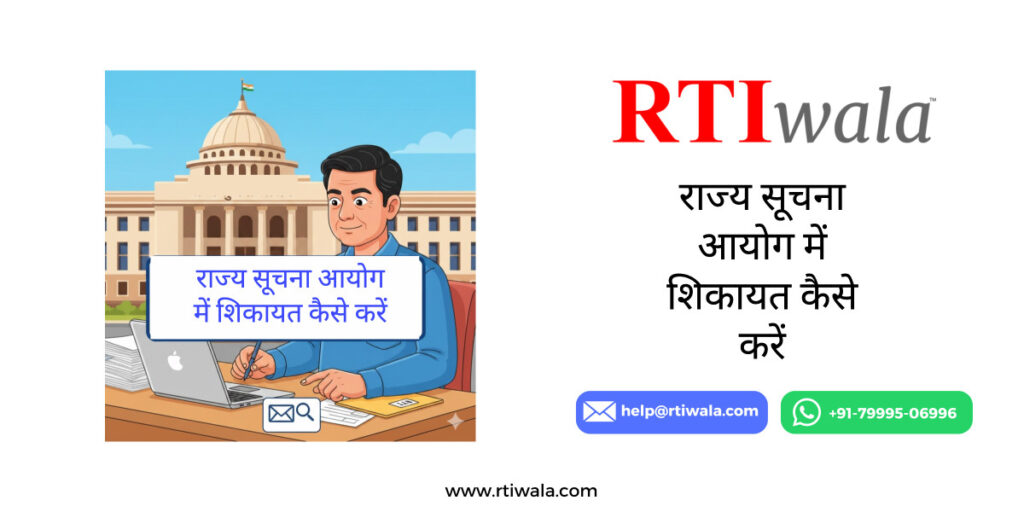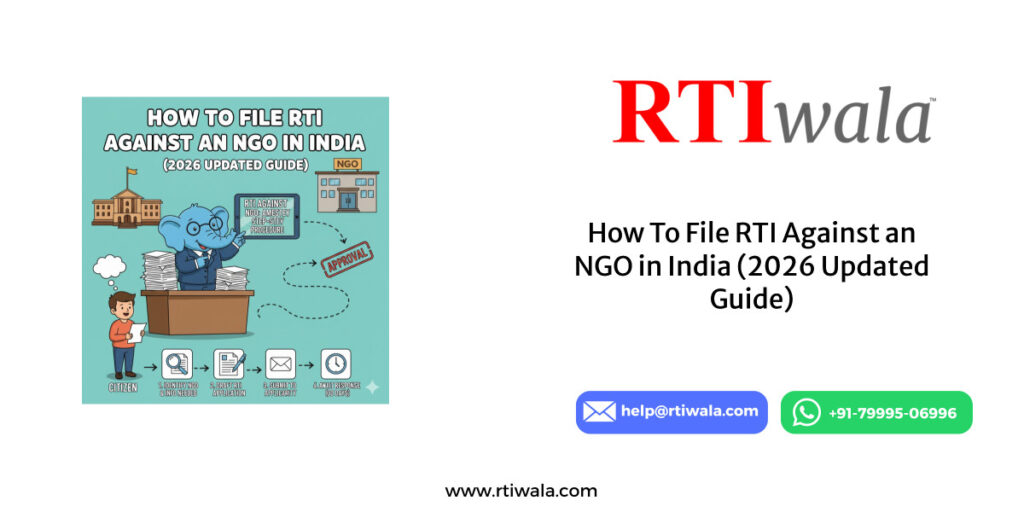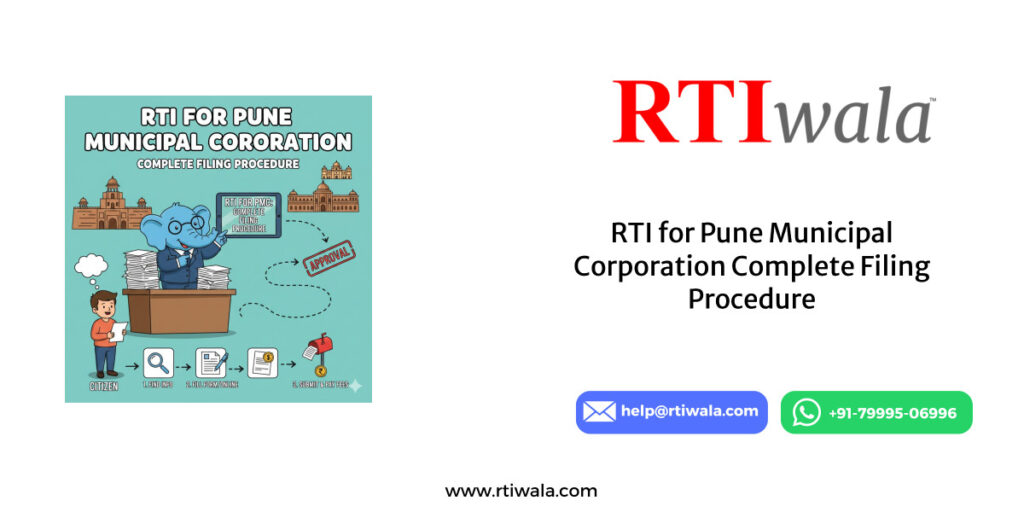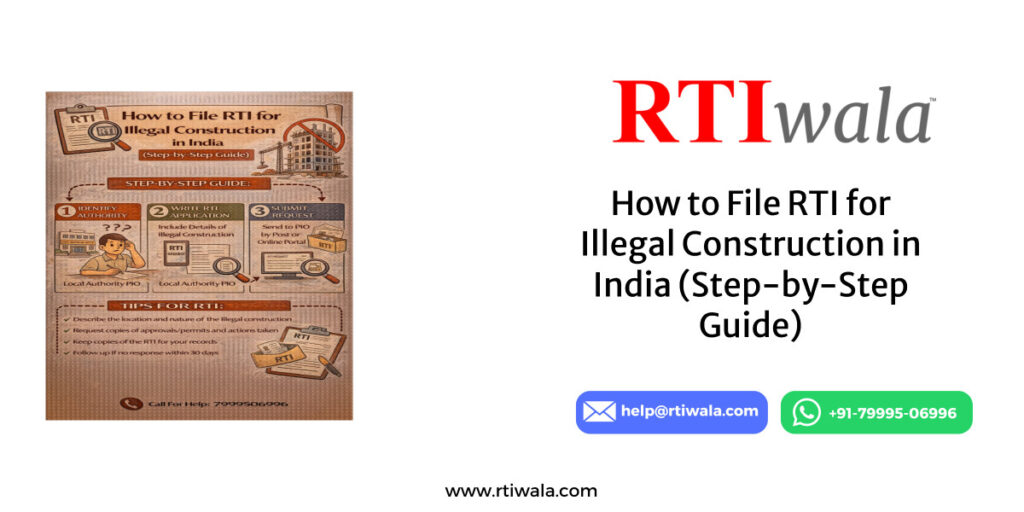Public Interest Litigation (PIL) is a powerful tool in the hands of the public to seek legal remedies for issues affecting the larger community. It allows individuals or groups to file lawsuits on behalf of those who are unable to do so. While PILs can bring about significant social change, the process can be daunting due to legal complexities and bureaucratic hurdles. This is where RTIwala can assist, ensuring a smooth and effective PIL process.
Table of Contents
- What is Public Interest Litigation (PIL)
- Importance of PIL
- How to File a Public Interest Litigation
- Key Features of PIL
- Common Challenges and How RTIwala Can Help
- Conclusion
- FAQs
What is Public Interest Litigation (PIL)
Public Interest Litigation refers to legal action initiated in a court of law for the enforcement of public interest or general welfare. PILs are typically filed to address issues that affect a large section of society, such as environmental protection, human rights, and government transparency. The primary objective of a PIL is to make justice accessible to the marginalized and underrepresented segments of society.
Importance of PIL
- Access to Justice: PILs democratize access to justice, allowing ordinary citizens to seek legal redress for public issues.
- Social Change: They have been instrumental in bringing about legislative and social reforms.
- Government Accountability: PILs hold government bodies and officials accountable for their actions and policies.
- Public Awareness: They raise awareness about critical social issues and encourage public participation in governance.
How to File a Public Interest Litigation
Filing a PIL involves several steps, and understanding these steps can simplify the process:
- Identify the Issue: Determine the public interest issue that needs legal intervention.
- Gather Evidence: Collect relevant documents, data, and evidence to support the PIL.
- Draft the Petition: Prepare a well-structured petition outlining the issue, facts, and legal grounds.
- Legal Representation: Seek assistance from legal experts or public interest lawyers.
- File the Petition: Submit the petition in the appropriate court, usually the High Court or Supreme Court.
RTIwala can assist in filing an RTI application to gather crucial information and evidence needed for the PIL, ensuring a strong and well-supported case.
Key Features of PIL
- Locus Standi: Any public-spirited individual or organization can file a PIL, even if they are not directly affected by the issue.
- Pro Bono Representation: Many lawyers and organizations offer free legal services for PILs.
- Wide Scope: PILs can address a broad range of issues, from environmental protection to human rights violations.
- Judicial Activism: Courts often take a proactive role in PILs, issuing directives to government bodies and agencies.
Common Challenges and How RTIwala Can Help
Despite its potential for positive impact, filing a PIL can be challenging due to legal complexities, lack of information, and bureaucratic red tape. RTIwala can assist individuals and organizations in filing RTI applications to:
- Gather Information: Obtain essential data and documents needed to support the PIL.
- Ensure Transparency: Hold government bodies accountable by seeking information on policies and actions.
- Resolve Delays: Address bureaucratic delays and ensure timely processing of the PIL.
- Access Legal Aid: Connect with legal experts and public interest lawyers for representation.
By leveraging Online RTI Solution from RTIwala, individuals can navigate the complexities of the PIL process and ensure their case is robust and well-supported.
Conclusion
Public Interest Litigation is a vital mechanism for upholding public interest and promoting social justice. Understanding the PIL process and leveraging Online RTI can help individuals and organizations overcome challenges and make a meaningful impact. RTIwala is committed to supporting citizens through every step, ensuring they receive the benefits they rightfully deserve.
FAQs
1. Who can file a Public Interest Litigation?
Any public-spirited individual or organization can file a PIL, regardless of whether they are directly affected by the issue.
2. What issues can be addressed through a PIL?
PILs can address a wide range of issues, including environmental protection, human rights, government transparency, and public health.
3. What documents are required to file a PIL?
Documents typically include evidence supporting the issue, relevant data, and any previous correspondence with authorities.
4. How does Online RTI help in the PIL process?
Online RTI can be used to gather crucial information, hold government bodies accountable, and address bureaucratic delays.
5. What should I do if my PIL is not accepted?
If your PIL is not accepted, you can file an RTI to understand the reasons for rejection and seek guidance on reapplying.






















































